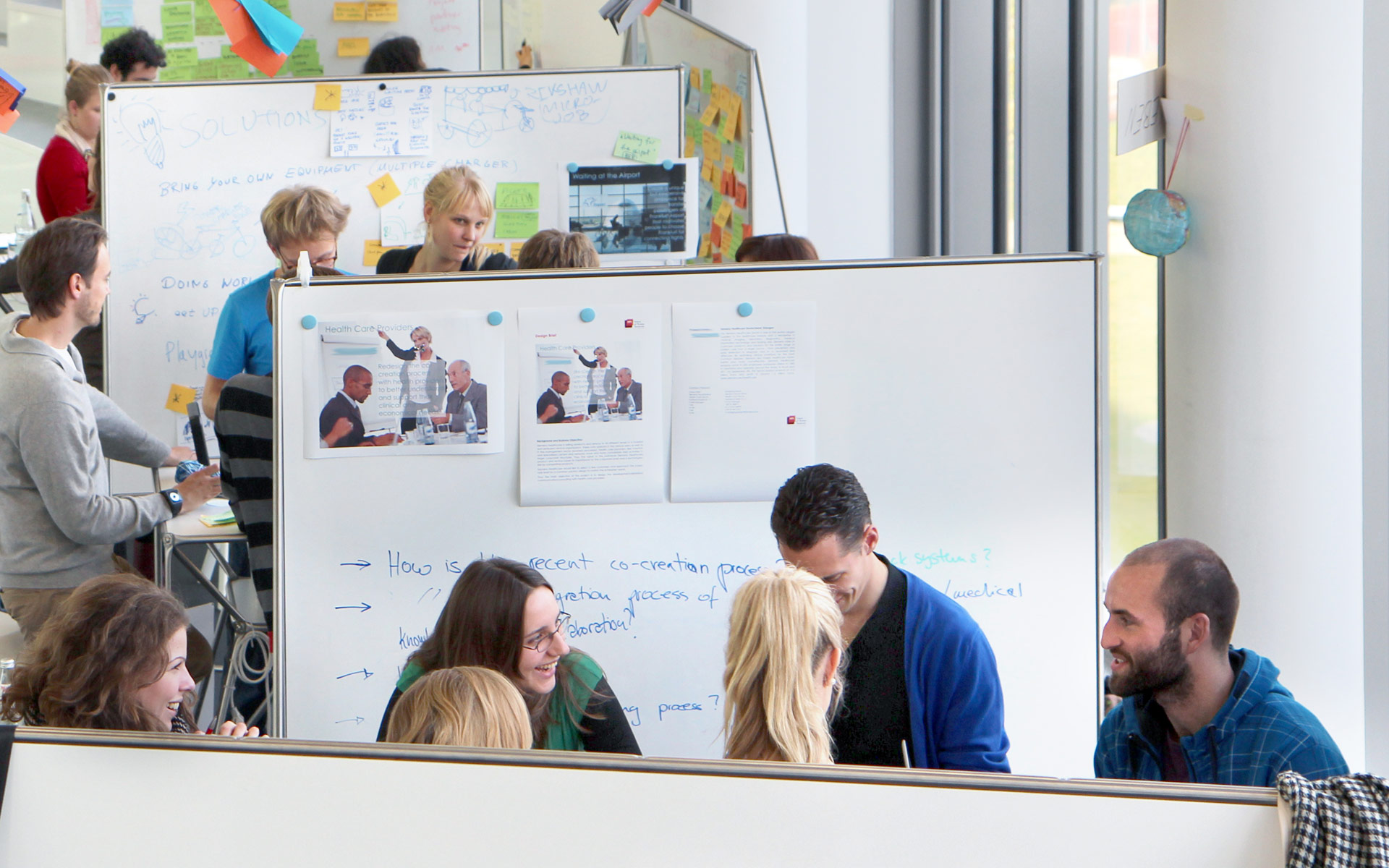PI: Erin MacDonald
Abstract
Successful design teams are often multidisciplinary. It is thought that this diversity of perspectives leads to more innovative design solutions. While this diversity is appreciated and sometimes sought-after by corporations, it is difficult to emulate within a corporate culture as hiring team members with non-traditional and diverse qualifications is challenging. This research project proposes that it is possible to improve the diversity of perspectives to a non-diverse engineering design team using priming, a robust experimental technique from psychology and behavioral economics used to activate specific mindsets. If successful, the research will artificially and temporarily induce the same diversity of thought that benefits multidisciplinary teams. It tests two related hypotheses, and applies them to the design of sustainable products. Typically, engineers gravitate to the environmental pillar of sustainability, ignoring the fact that sustainably-designed products must also be socially desirable and economically viable. In the case study, teams of three designer-subjects will each be primed to a pillar of sustainability: environmental, social, and economic, to create more innovative sustainable designs. If successful, this research will: (a) introduce priming as a way to enhance the diversity of a homogeneous team; (b) extend engineers’ capabilities with simple exercises to address design issues outside of their technical comfort zones; and (c) offer an early-stage design approach that results in successful products due to emphasis on a multidisciplinary approach.

